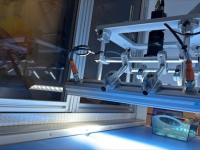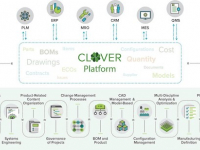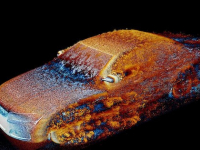
June 28, 2021
3D printing and miniaturization are revolutionizing the design, prototyping, and manufacturing of medical, electronic, microfluidic, and micro mechanical devices. Freed from traditional constraints, engineers are designing devices that have fewer parts, need less space, eliminate tooling costs, and support application-specific requirements such as smaller sample sizes.
From prototyping to low-volume production, 3D printing for small parts provides an attractive alternative to micro machining and micro injection molding. Yet most of the current 3D printing platforms can’t produce small parts with fine features at high accuracy, resolution, and precision. Speed and cost are concerns, too.
Of the few suitable technologies that are available, there’s also confusion about what the terms “micro 3D printing” and “nano 3D printing” really mean. In part, that’s because terms like “nano” and “nanotechnology” are used broadly and sometimes imprecisely. Objects at the nanoscale aren’t just small. They’re smaller than what some users really need.
Fill out the information below to download the resource.
Latest News










